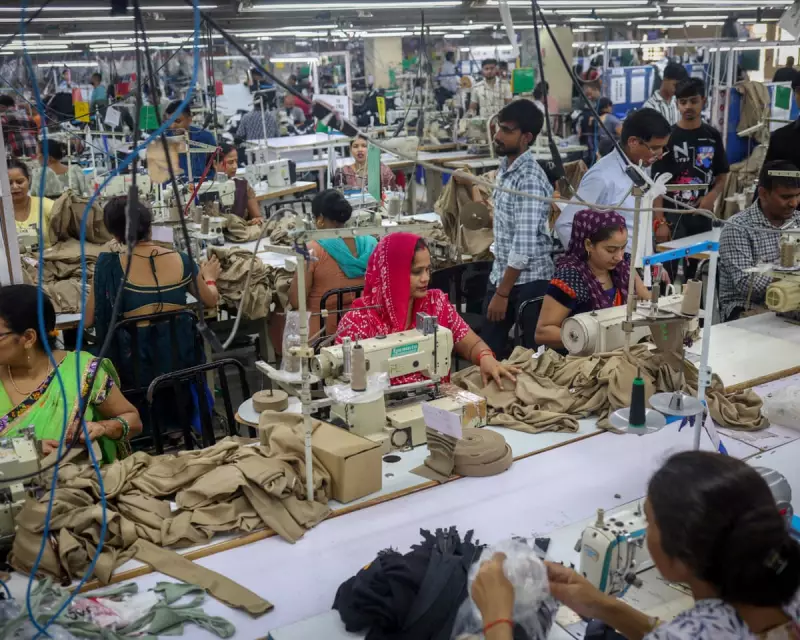
Climate Crisis Puts India's Garment Industry at Risk
India's crucial textile and clothing manufacturing sector faces an existential threat from escalating climate impacts that are already disrupting supply chains. According to researchers, rising temperatures, unpredictable rainfall patterns and severe water shortages are wreaking havoc across cotton farming regions and garment production hubs throughout the country.
The Reality on the Ground
In Uttar Pradesh and other manufacturing centres, clothing factories confront increasing operational challenges as climate change intensifies. Small weaving clusters and garment production hubs struggle to maintain output while dealing with extreme heat and water scarcity that directly affect both workers and production processes. The situation highlights a profound injustice: regions that contributed least to historical emissions are bearing the brunt of climate consequences.
As researcher Nirbhay Rana from Gurugram explains, developing nations like India require meaningful support to adapt and decarbonise, yet receive almost none of the necessary resources. The expectation that these communities should shoulder the burden of climate adaptation without adequate financial and technological support undermines the principle of a just transition.
Broader Implications for Climate Justice
The climate finance gap represents more than just a financial shortfall - it reflects a structural inequality created by centuries of unequal development. Treating climate finance as loan-driven obligations rather than shared responsibility creates an unsustainable pathway for the global south. Meanwhile, as John Green from London notes, vital local knowledge and data from outside Western nations continues to be marginalised in climate discussions and AI development, creating dangerous blind spots in our understanding of climate impacts.
Countries like India are already demonstrating remarkable progress, expanding renewable energy faster than historic emitters did during their industrial rise. What's needed isn't charity but fairness consistent with scientific reality and the Paris Agreement. Climate ambition must finally rest on climate justice, requiring grant-based finance, accessible technology and genuine partnerships that build local capacity rather than increasing debt burdens.





